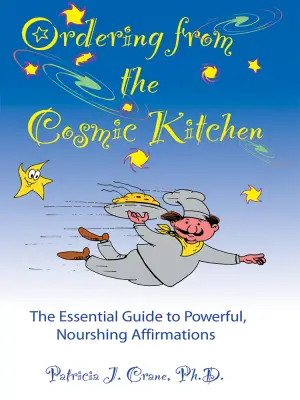Review of Diary of a Wimpy Kid by Jeff Kinney
Ah, Diary of a Wimpy Kid. It’s almost like a rite of passage for many children, a badge of honor that seemed to signify a shared experience in the playground of literature. Written by Jeff Kinney, it found its way into the hands of many kids during my childhood, but for reasons I still ponder, I resisted the hype. Perhaps it was my penchant for lengthy novels, or maybe I just preferred to avoid the trendy books. Fast forward to adulthood, and the book found its way into my hands courtesy of a cousin who swore by it. Curiosity piqued, I delved in, only to emerge with a mix of disappointment and bewilderment.
At its core, Diary of a Wimpy Kid invites us into the life of Greg Heffley—a middle schooler navigating the treacherous waters of adolescence. However, my encounter with Greg was far from pleasant. He is portrayed as a classic underdog, but his character’s insufferability grates on the nerves. I couldn’t find myself rooting for him; instead, I was left questioning the very ethos of sympathy the narrative demanded. In Greg, I saw a bully, a self-absorbed individual who embodies all the negativity middle school can foster. The quotes echoing through the pages—“I’ll be famous one day, but for now I’m stuck in middle school with a bunch of morons”—felt more like a selfish proclamation than a relatable observation.
As I turned the pages, I found myself grappling with deeper themes woven throughout the narrative. Topics such as gender roles, bullying, and toxic relationships subtly (or not so subtly) permeate the story. While the intention might have been to capture the awkwardness of childhood, the execution left me feeling unsettled. Greg’s journey, or lack thereof, was disheartening; he doesn’t undergo meaningful growth, and ultimately, it appears that his behaviors are not only tolerated but even celebrated.
The writing style is undeniably accessible, which explains its wide appeal among children. The illustrations, cleverly interspersed throughout, add charm to Kinney’s work. Yet, even in this, I found myself reflecting on the messages being absorbed by its target demographic. For a book aimed at young readers, I pondered if it truly was the right guide through the convoluted landscape of growing up. After all, if there’s one thing that resonates from the pages, it’s that Greg’s lack of consequences sends a message that could possibly excuse negative behaviors.
Despite my grievances with the overall narrative arc, I can appreciate the artistry of the book. There’s an undeniable charm in its simplicity and a certain artistry in its humor. However, I can’t help but think this book might have been more impactful if it had challenged Greg to rise above his shortcomings instead of wallowing in them.
While my personal experience with Diary of a Wimpy Kid was marked by frustration, I understand its place in popular culture. It resonates for readers who revel in the humorous mishaps of school life. However, I can’t help but hope that parents and guardians will read it alongside their children, striking up conversations about its underlying messages. In the world of kids’ literature, it’s crucial to balance humor with responsibility.
Ultimately, while I might stick to my long novels, I can’t disregard the significance this book holds in many young readers’ lives. Perhaps it’s not my cup of tea, but for those who appreciate a different kind of storytelling, Greg Heffley might just resonate profoundly.
Discover more about Diary of a Wimpy Kid (Diary of a Wimpy Kid, #1) on GoodReads >>






